With the unabated popularity of crypto-assets, such as Bitcoin or Ether, the question also arises whether they can serve as assets of a collective investment scheme under the Collective Investment Schemes Act (CISA). FINMA recently approved the first crypto fund, i.e. the first collective investment scheme that holds crypto assets as assets. [1]This text is a brief guide on how to set up a crypto fund, under the CISA.
There is no universally accepted definition of crypto-assets. However, it is commonly understood to mean cryptocurrencies such as Bitcoin or Ether. However, other tokens, such as protocol tokens of various different blockchain ecosystems, can also be subsumed under it.
In order to set up a crypto fund, on the one hand, the fund must be approved by FINMA (2), a prospectus must be published if necessary (3) and the company setting up the fund or the investment company must be approved (4).
As a brief reminder, collective investment schemes or funds are assets that are raised by at least two investors for collective investment and managed for their account.
For investment funds, the CISA provides in particular the securities and real estate fund as well as the other funds for traditional and alternative investments. For crypto-assets, the provisions on the other funds for alternative investments must be observed. The provisions in this regard can be found in Art. 69 and 71 CISA as well as in Art. 99 et seq. of the Collective Investment Ordinance (CISO).
1. Design of the fund
A collective investment scheme may be structured as open-ended or closed-ended, depending on the options available to investors. For the open-ended collective investment schemes, the forms of the contractual investment fund and the investment company with variable capital (SICAV) come into question. For the closed forms, the limited partnership for collective capital investments and the investment company with fixed capital (SICAF) are available. The closed forms are particularly suitable for longer-term investment strategies in which the collected funds are invested on a fixed basis, as is the case, for example, with private equity strategies. For collective investment schemes that invest in crypto-assets, however, open-ended collective investment schemes are particularly suitable.
2. Licensing requirement of the institutions involved
In order to set up an open-ended collective investment scheme, a license must be obtained from FINMA. For the establishment of a contractual investment fund, a license as a fund management company pursuant to Art. 32 of the Financial Institutions Act (FinIA) is required. If the form of a SICAV is chosen for the collective investment scheme, a license must be obtained in accordance with the provisions of Art. 14 in conjunction with Art. Art. 36 CISA must be obtained.
In principle, a collective investment scheme must designate a custodian bank which is licensed in accordance with the Banking Act (BA). The custodian bank holds the fund assets in safe custody, handles the issue and redemption of units and the payment transactions.
For the safekeeping of the fund assets, a specialized provider with the appropriate know-how for this activity is definitely necessary for crypto assets. SEBA Bank AG or Sygnum Bank AG as banks specialized in crypto-assets are particularly suitable for this purpose.
3. Approval of the collective investment scheme by FINMA
In principle, a collective investment scheme must be approved by FINMA. Depending on the choice of legal structure, the fund contract of the contractual investment fund or the articles of association and investment regulations of the SICAV must be submitted to FINMA for approval. In doing so, FINMA will check whether the investment regulations of the CISA have been complied with.
The freedom in the design of an alternative investment fund is very high. However, FINMA also has a great deal of freedom to impose conditions on the management of such collective investment schemes.
For example, FINMA has also decreed – according to the media release – that the approved collective investment scheme may only invest in established crypto assets with sufficiently large trading volumes. In addition, the investments must be made through established counterparties and platforms that are domiciled in a Financial Action Task Force (FATF) member state and subject to appropriate money laundering regulations. While these requirements do not have general applicability, they certainly provide indications that future crypto funds will probably have to comply with them as well. In particular, the requirements in the area of money laundering provisions will most likely be imposed on all such collective investment schemes, because the money laundering risk in the area of crypto assets is still very high.
It is not hoped that FINMA will now apply the requirements to this fund in terms of crypto-assets allowed (established and large trading volumes) to future crypto funds. The world of crypto-assets is too diverse to be limited to a few cryptocurrencies here. Thus, a collective investment scheme that invests in partly highly volatile non-fungible tokens (NFT) would also have to be permissible in accordance with the nature of alternative investments.
4. Prospectus requirements
In principle, a prospectus must be prepared for collective investment schemes in accordance with the provisions of the Financial Services Act (FinSA) and the corresponding ordinance (FinSO). However, the prospectus does not have to be submitted to the review body under FinSA, but only to FINMA.
If the collective investment scheme is to be offered only to qualified investors pursuant to article 10 para. 3 and 3terCISA, an application may be made to FINMA that a prospectus may be dispensed with. If, on the other hand, private clients are also to be addressed, a key information document must be prepared in addition to a prospectus in accordance with the provisions of Art. 58 et seq. FinSA must also be prepared.
The special risks associated with alternative investments must be pointed out in the name of the collective investment scheme, in the prospectus and in the key information document as well as in the advertising.
5. Conclusion
A collective investment scheme with crypto-assets as assets can certainly be set up in Switzerland and can also be designed very flexibly. Moreover, the custody of the fund assets can also be carried out in Switzerland without any problems. However, the hurdle in organizational and financial terms, without cooperation with already licensed companies, is relatively high. FINMA is open to such crypto funds in principle but seems to be a bit more restrictive than would be desirable in principle when it comes to the concrete design. However, FINMA has not yet established a fixed practice, which is why there is certainly room for innovative models.
[1] FINMA media release dated September 29, 2021, https://www.finma.ch/en/news/2021/09/20210929-mm-genehmigung-schweizer-kryptofonds/.





